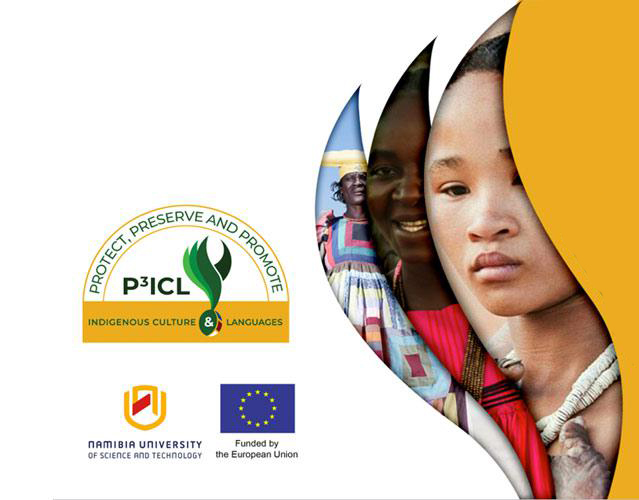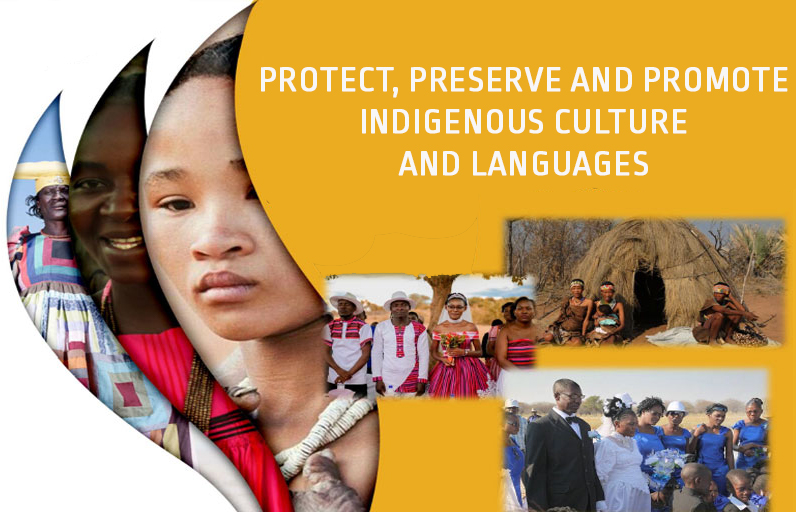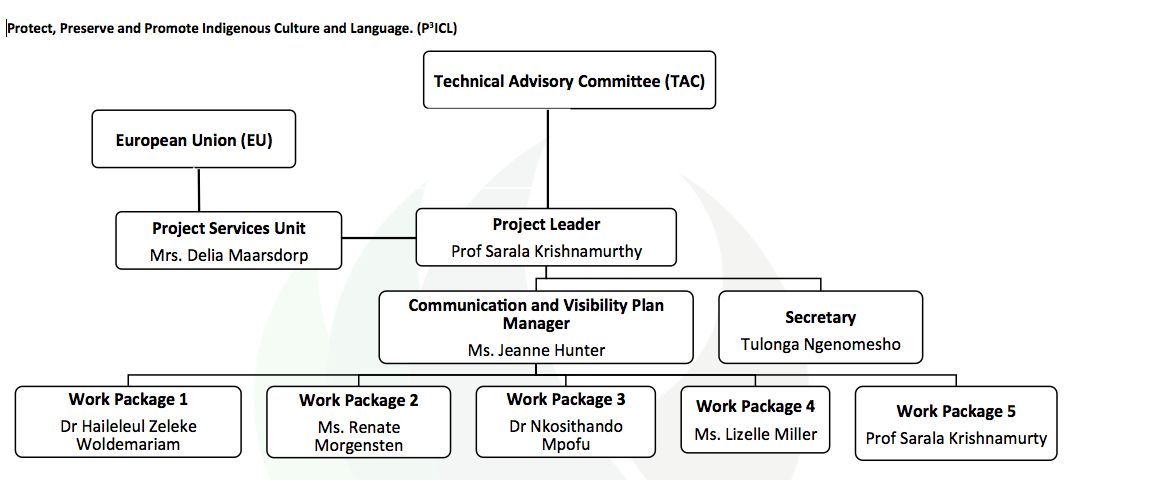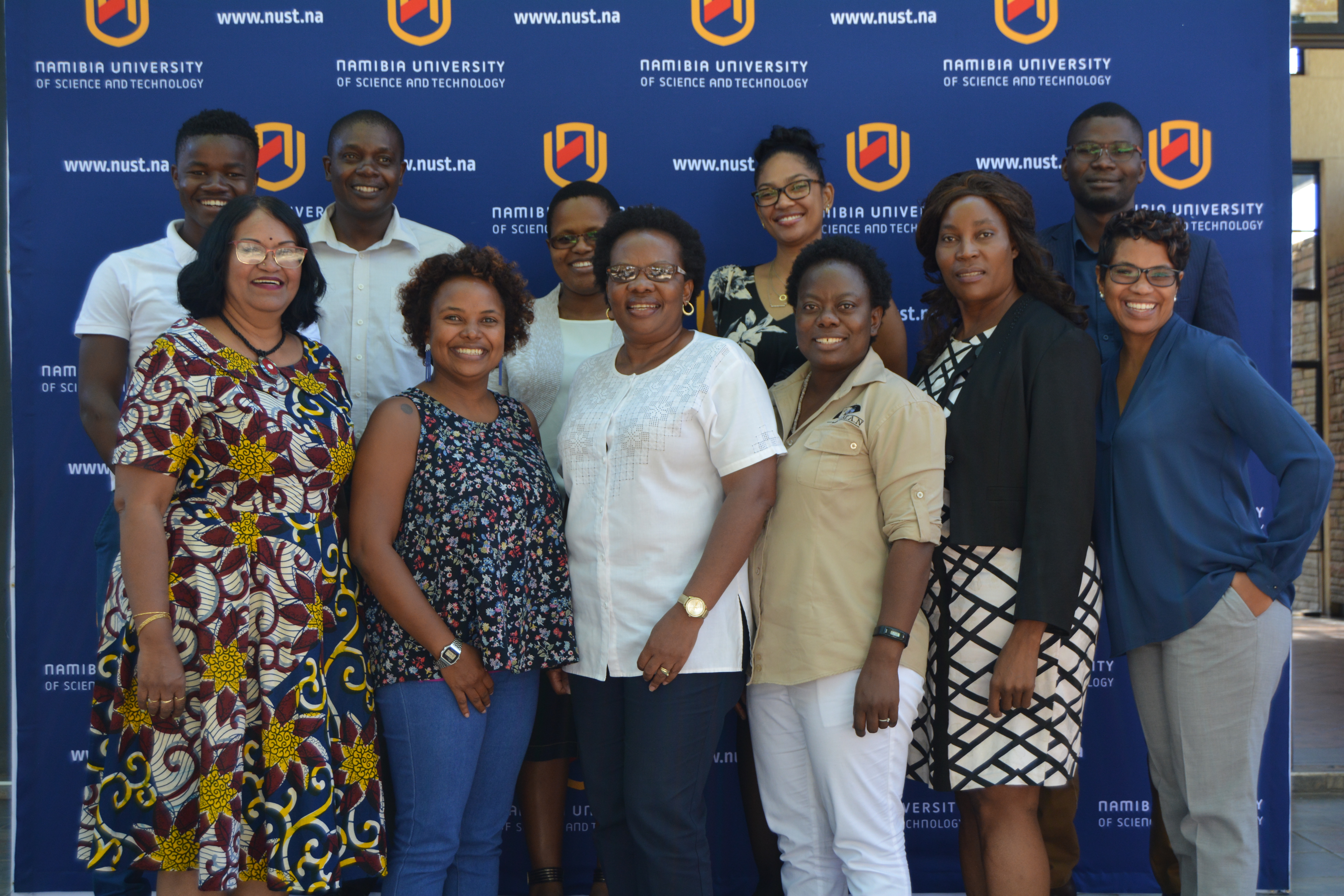About P3ICL
Revitalizing the indigenous languages Oshiwambo, Otjiherero and Namibian Khoe Khoe and protecting, preserving and promoting the culture of Namibian indigenous cultures.
- Indigenous cultural expressions in Oshiwambo, Otjiherero and Namibian Khoe Khoe are preserved, protected and freely accessible online;
- Increased cultural awareness in Namibia of Owambo, Ovaherero and San cultural expressions and language;
- Positive change in knowledge and attitude of Owambo, Ovaherero and San people towards indigenous cultural expressions and language;
- Increased institutional capacity on indigenous culture and language;
- Indigenous cultures and languages are an integral part of the developmental agenda of the government.
1. Collection of cultural expressions in three indigenous languages: Oshiwambo, Otjiherero and Namibian Khoe Khoe.
2. The collected cultural expressions are digitalized and availed online.
3. Publications:
3.1 Three play scripts on cultural weddings of Owambo, Ovaherero and San cultural groups are developed.
3.2 Three books on wedding processions of Owambo, Ovaherero and San cultural groups are produced in English and indigenous language.
3.3 Three children books on famous folklore /indigenous stories of Owambo, Ovaherero and San cultural groups are produced in English and indigenous language.
3.4. 12 academic publications are written.
3.5. Three academic conference presentations on indigenous language and culture are conducted.
4. Cultural awareness raising events are organized on indigenous languages and cultural expressions.
4.1. Three cultural festivals are organized focussing on revitalizing indigenous languages and cultural expressions.
4.2. Community radio shows are organized focussing on revitalizing indigenous languages and cultural expressions.
4.3. Four exhibitions on indigenous languages and cultural expressions are organized in Khomas, Omaheke, Omusati and Ohangwena regions.
4.4. Active social media site, with regular updates on social media regarding indigenous languages and cultural expressions throughout the project.
5. The project has advocated for preservation of cultural expressions and indigenous languages to governmental stakeholders and other decision makers.




